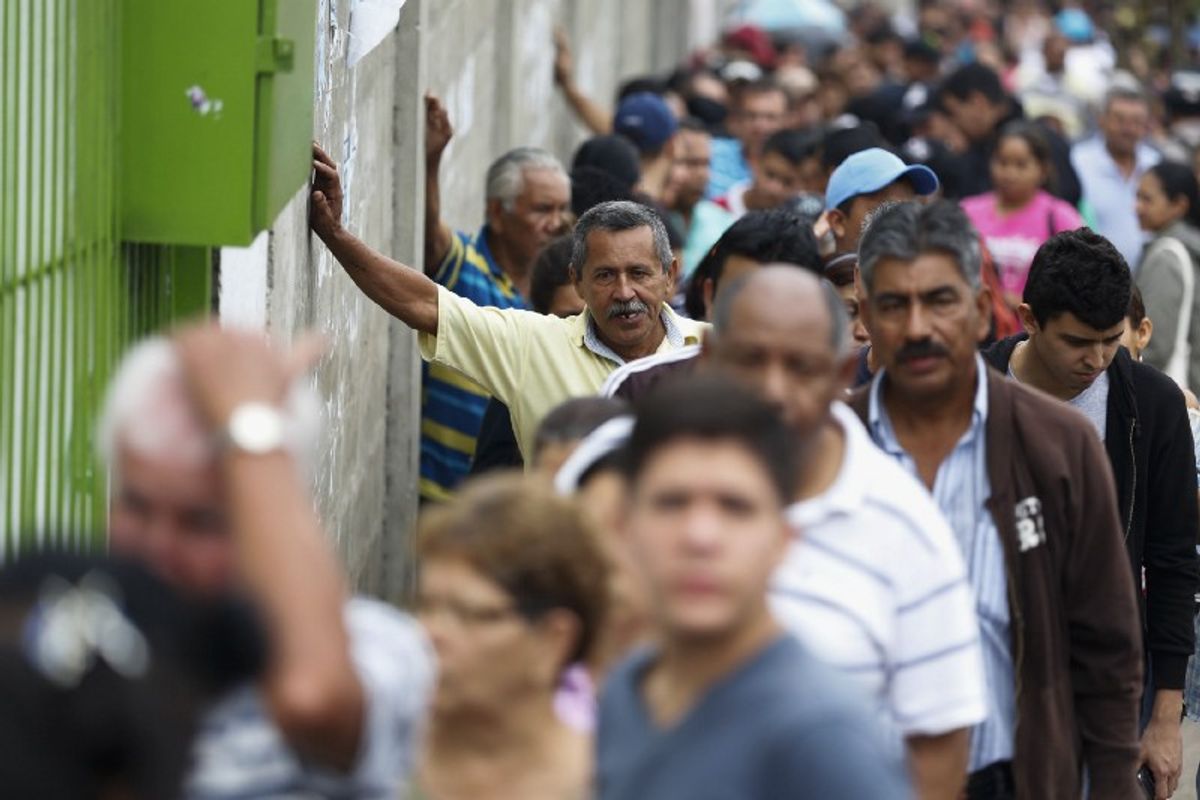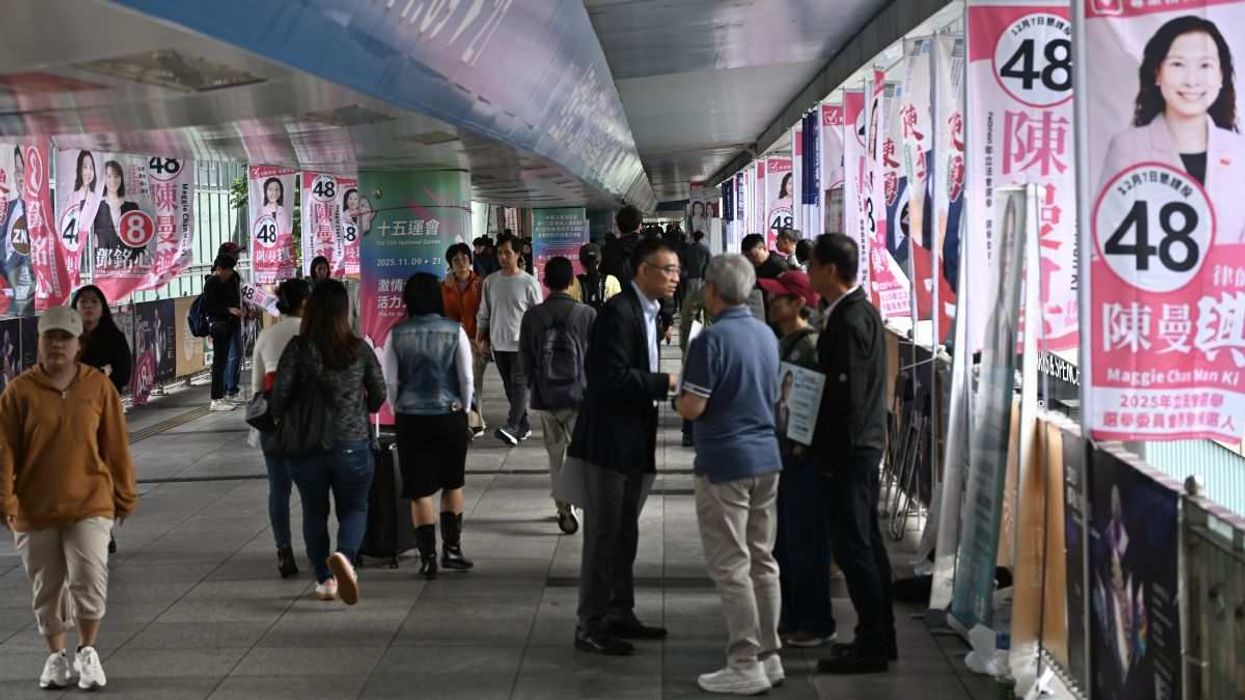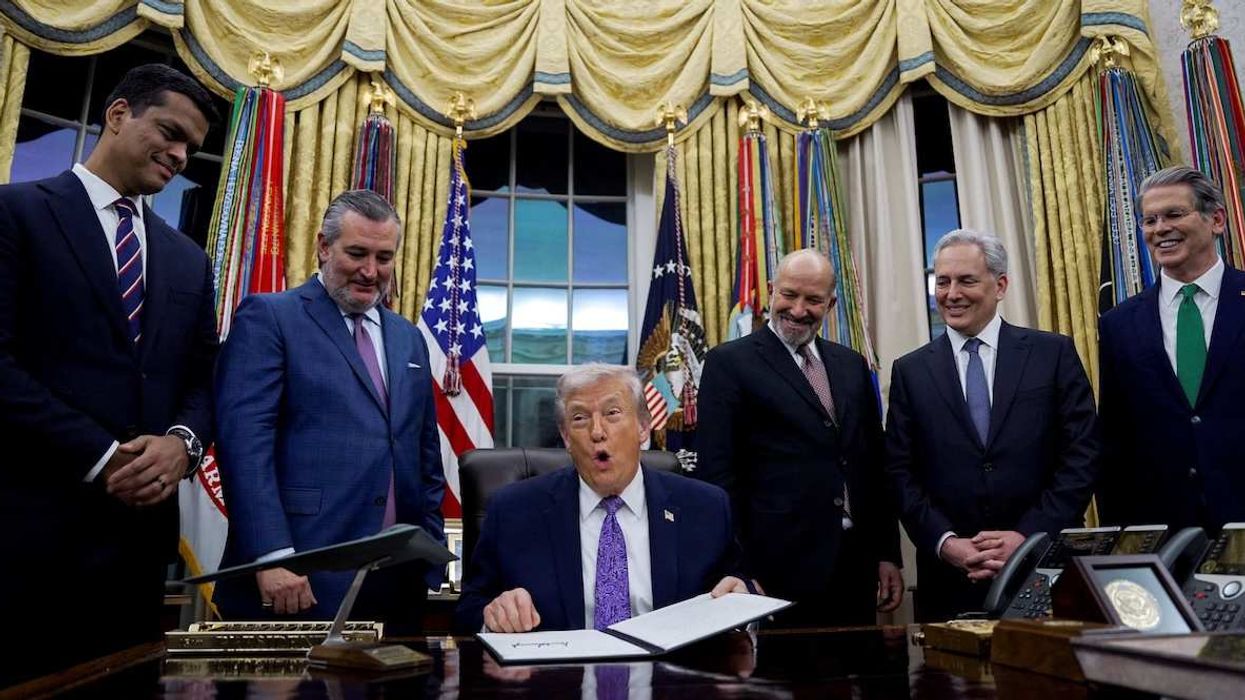Let’s imagine that you are hungry. Very, very hungry. So hungry, in fact, that you have lost more than 20 pounds over the past year because of a political and humanitarian crisis caused by your government.
Now let’s imagine that a representative of that government shows up with boxes of food. You can have one of the boxes, but only if you can prove — by scanning your national ID card — that you voted in the last election, which they rigged to keep themselves in power.
This dystopian scenario is currently playing out daily in Venezuela, where the government of President Nicolas Maduro has harnessed the power of technology to turn food into an instrument of repression.
At the end of 2016, Maduro launched the Homeland Card (Carnet de la Patria) a government-issued ID — developed by the Chinese tech giant ZTE — that details its holder’s socioeconomic status, benefit entitlements, and participation in elections. About half of the country’s 30 million citizens carry them so far.
In principle, this system makes it easier to prevent electoral fraud and target benefits to those who need them, particularly among poorer people who lack other forms of identification. But in practice, the government has used it to enforce loyalty and, critically, to boost turnout ahead of what will be a manifestly unfree presidential election in May, which the fractured opposition has chosen to boycott.
Using scarce food to coerce loyalty from a starving population is neither new nor unique to the 21st century Bolivarian revolution, of course. (Here’s a video of it happening in Syria last week.)
But the Venezuela story shows how technology can increase the efficiency of repression when it’s in malevolent hands. A harrowing reminder that the benefits of surrendering personal data to governments (or companies) extend only so far as the good intentions of the people who control it.



















